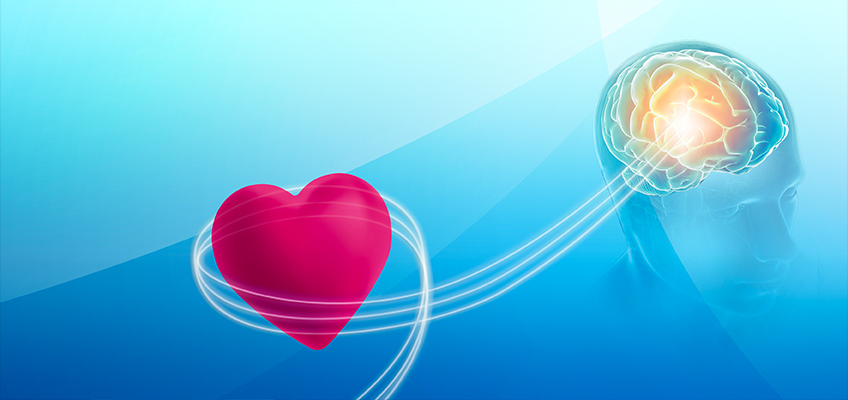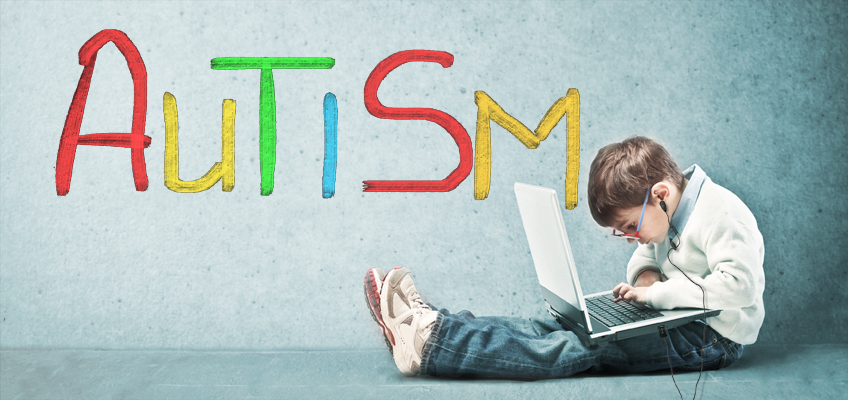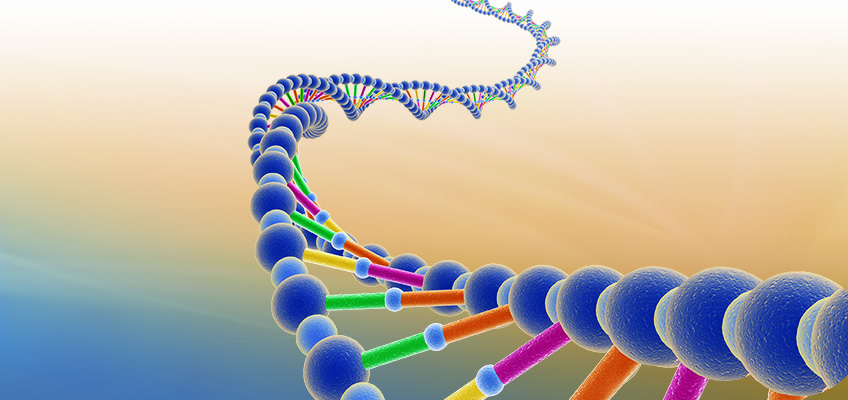
Heart intelligence is the flow of awareness, understanding and intuition we experience when the mind and emotions are brought into coherent alignment with the heart. It can be activated through self-initiated practice, and the more we pay attention when we sense the heart is speaking to us or guiding us, the greater our ability to access this intelligence and guidance more frequently. Heart intelligence underlies cellular organization and guides and evolves organisms toward increased order, awareness and coherence of their bodies’ systems.
Continue reading









